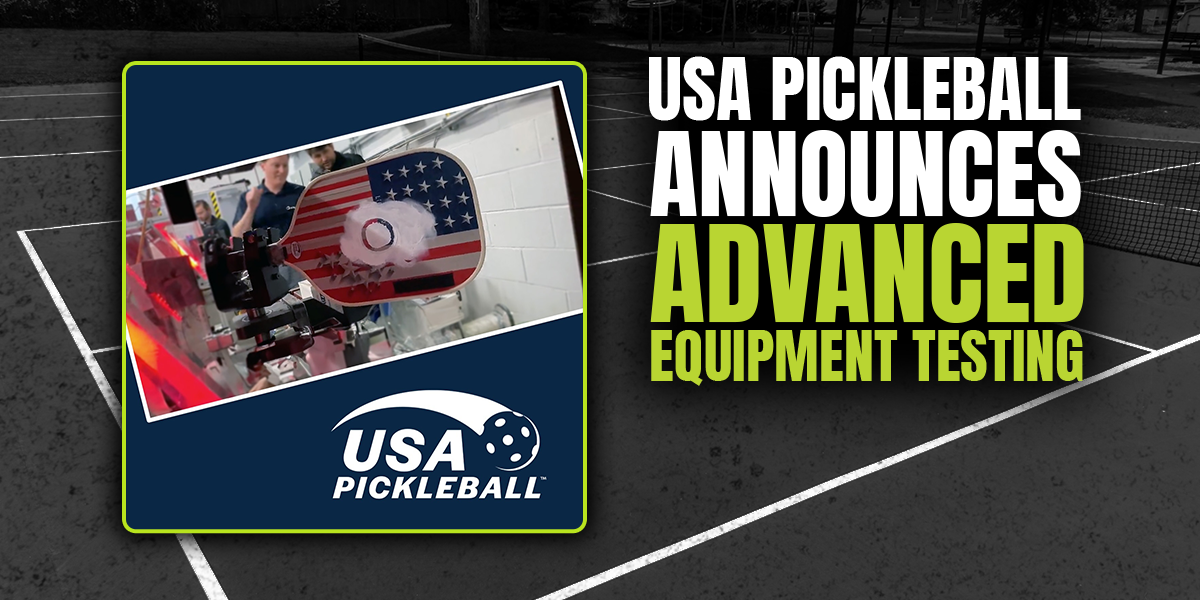
USA Pickleball Announces New Paddle Testing Standards as Industry Reaches a Boiling Point
When mom and dad fight, everyone in the house loses.
Thursday, USA Pickleball (USAP), the recognized National Governing Body for pickleball in the United States, introduced a new standard test for power in pickleball paddles: the Paddle/Ball Coefficient of Restitution (PBCoR) test.
It's scheduled to be implemented in Q4 of 2024, and USAP hopes it begins a significant step forward in ensuring the integrity and fairness of the sport.
What is the PBCoR test?
Over the past eight months, USAP has collaborated with the Sports & Fitness Industry Association (SFIA), Element Space & Defense, and equipment manufacturers to develop the PBCoR test.

This new test is designed to measure the power of pickleball paddles by evaluating the rebound speed of the ball relative to its impact speed on the paddle. The goal is to accurately assess the power potential of different paddles, ensuring a level playing field for all players.
"USA Pickleball’s equipment certification has philosophically taken a 'crawl, walk, run' approach," said Carl Schmits, USA Pickleball’s Chief Technical Officer. "Our team wanted to ensure our process was timely, affordable, implementable, and had input from manufacturers so we could respond appropriately to equipment developments in the industry. We’re excited to announce we’ve now entered the ‘run’ phase."
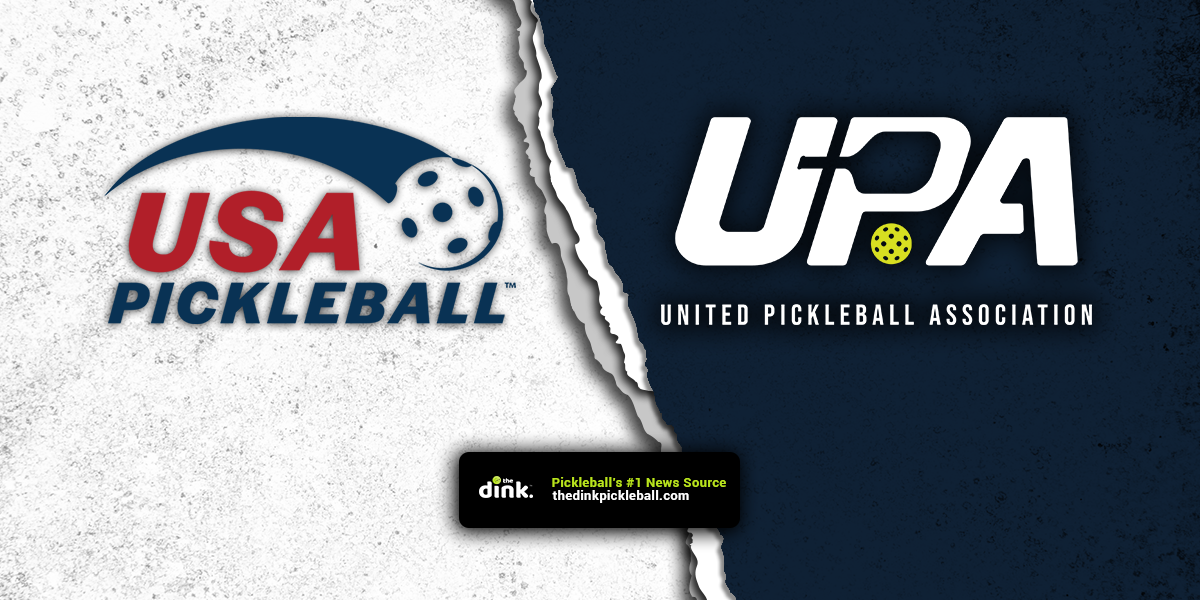
More tests on the horizon
In addition to the PBCoR test, USAP is also working on a test for spin rate, which is expected to be released in late 2024.
This initiative is part of the organization’s ongoing efforts to adapt to the sport’s rapid growth and the introduction of new technologies, such as 3D optical scanning for paddle face analysis, which was implemented in response to the rise of "raw carbon" paddles.
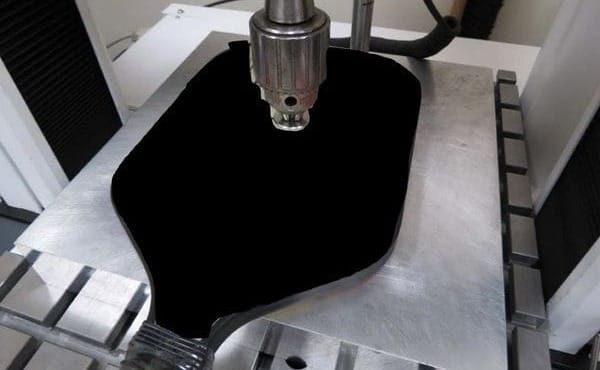
Why does pickleball need new tests?
Anyone who has been following pickleball news over the last few months knows that the paddle industry has had a tumultuous year.
In April, the sport experienced "PaddleGate 3.0" when JOOLA Gen3s were introduced.
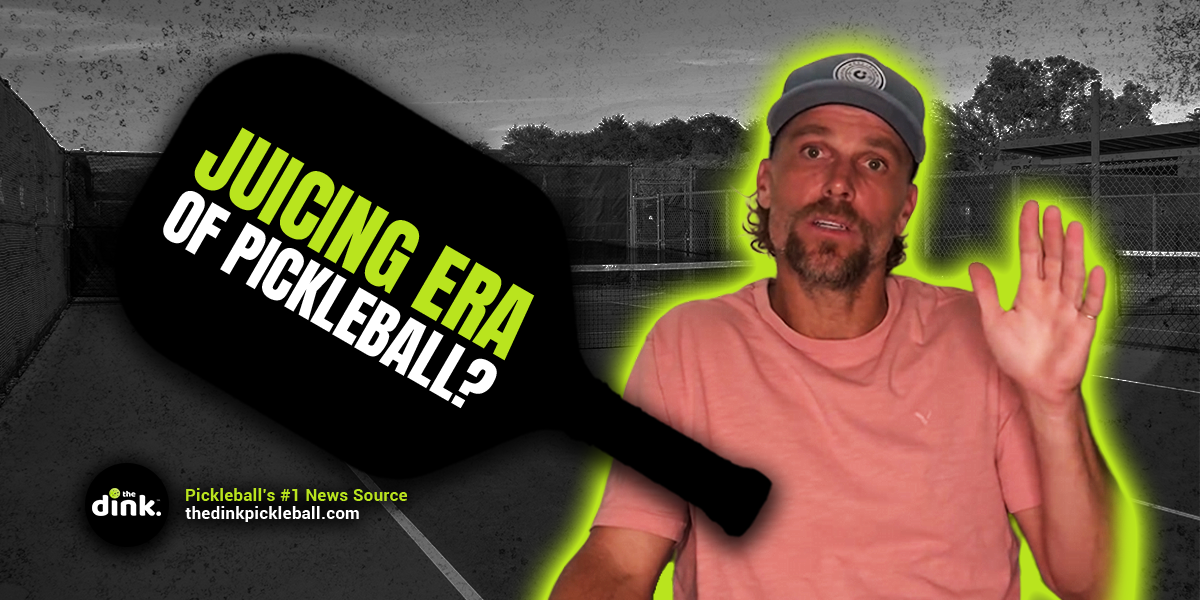
As amateurs began using these paddles, reports of players sustaining bruises and injuries started circulating. This raised questions about how much further paddle manufacturers could push the power threshold, sparking widespread debate among pros on podcasts and social media.
Pickleball pro and MLP team owner Travis Rettenmaier said on the PicklePod, "This [power paddles] will be the demise of pickleball."
We reported on these power paddles, even interviewing Chris Olson from The Pickleball Studio, who was one of the first pickleball influencers to break the story of how these paddles got hotter and more powerful the more they were used.
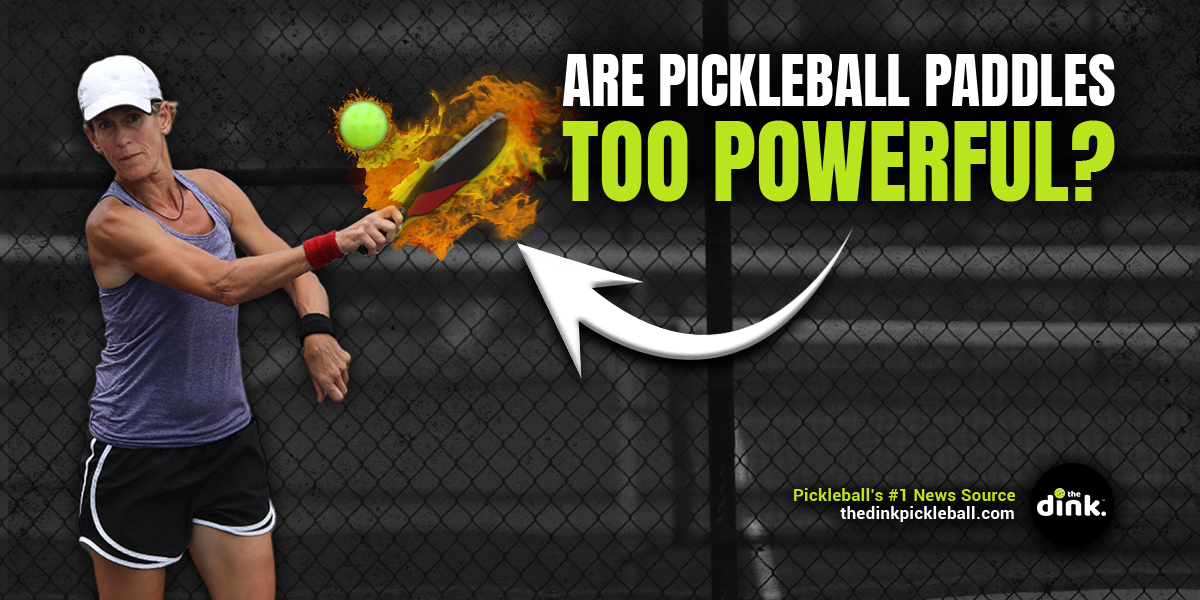
Tests such as the Coefficient of Restitution (CoR) were introduced to the pickleball public for perhaps the first time. In layman's terms this is the term used to describe how the ball deflects off the paddle – it's "pop" so to speak.
USAP delists JOOLA Gen3s
Just weeks after their release, USAP abruptly removed the new JOOLA Gen 3s from the approved paddle list, leaving many players who had purchased the paddles wondering what to do with their now unsanctioned equipment.
Reports of JOOLA’s customer service being unresponsive to calls and texts quickly spread across pickleball message boards and social media. Eventually, JOOLA offered customers refunds and filed a $5 million lawsuit against USAP.
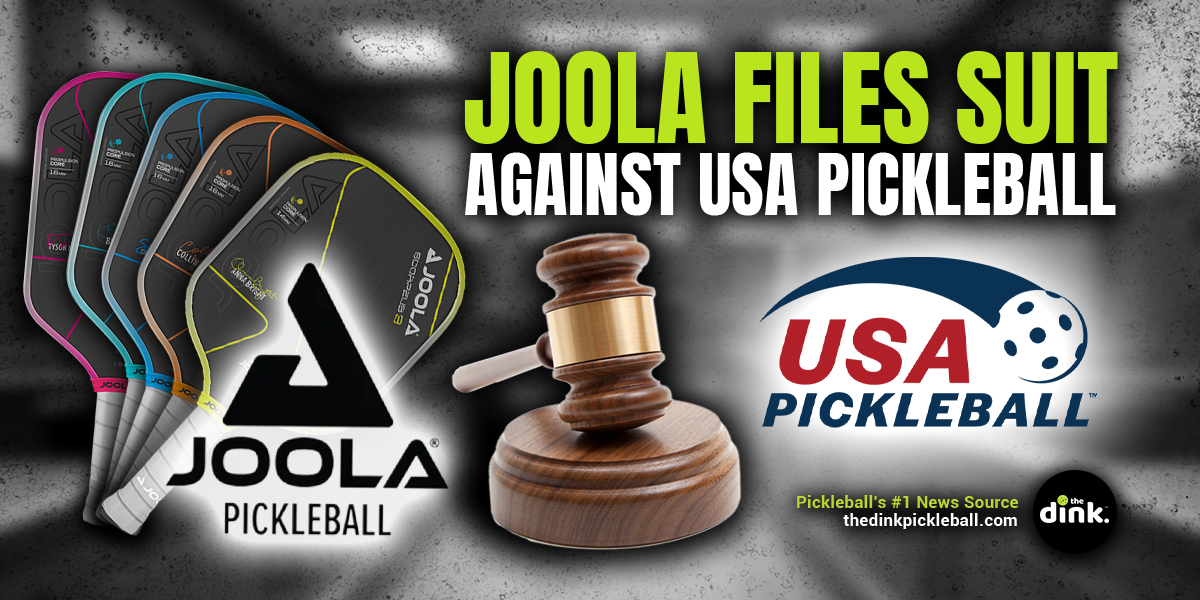
The arms race continues
Amidst all of this, the United Pickleball Association of America (UPA-A) – a new governing body formed by Major League Pickleball and the PPA earlier this year – announced that it would introduce its own set of testing standards, severing ties with USAP.
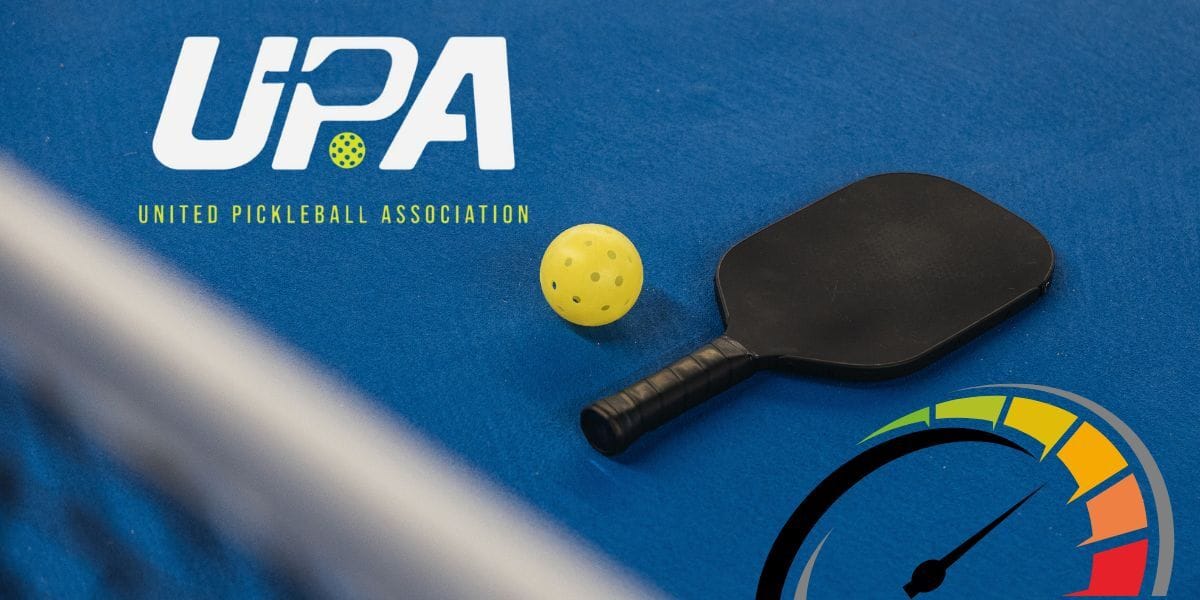
A board consisting of players and paddle manufacturers was established to guide the UPA-A in making decisions on testing and equipment standards.
According to the announcement from the UPA, the Equipment Manufacturer Advisory Board will be comprised of representatives from:
- Franklin
- Gearbox
- JOOLA
- Onix
- Paddletek
- Selkirk
- Vulcan
- Ace
- Volair
- Six Zero
- Brian Levine - a current board member of the UPA
The Equipment Player Advisory Board will be comprised of:
- Ben Johns
- Julie Johnson
- Brian Levine
- Altaf Merchant
- Catherine Parenteau
- Leigh Waters
- Thomas Wilson
This announcement sparked more concern that the more prominent pickleball brands would have an unfair advantage and be able to push out the "little guys" in the industry, limiting innovation and consumer choices. It was reported back in June that the price to bring your paddle into the UPA pro game would be costly.
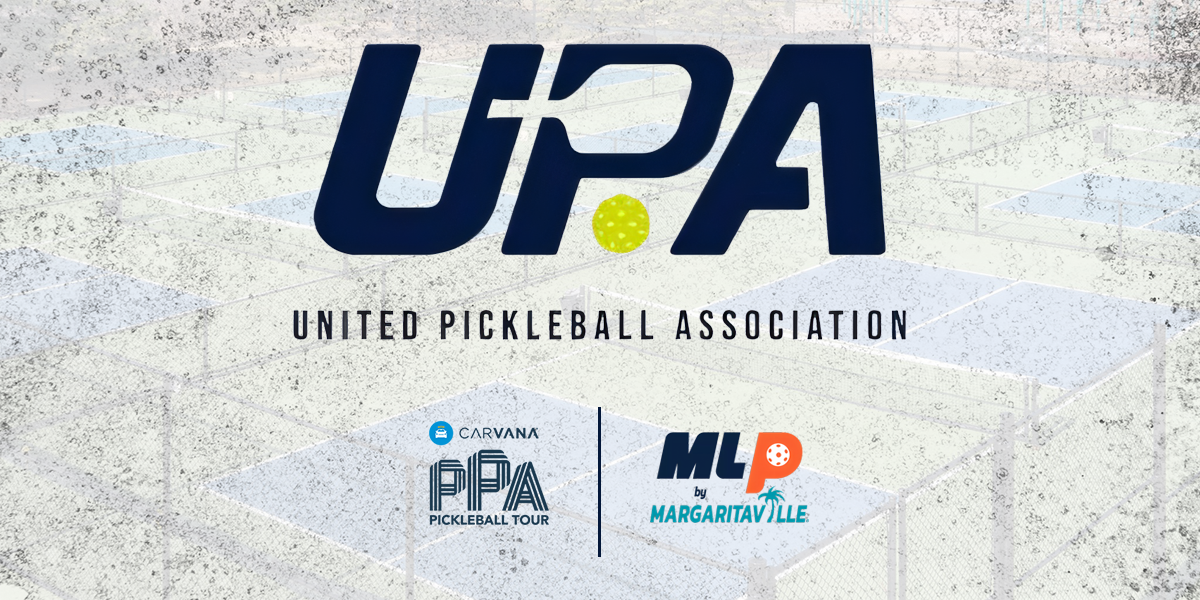
While the UPA denied the rumored hefty price tag, paddle companies were apparently granted an "Interim UPA-A certification."
Clearly this is something JOOLA took full advantage of because recently, during the PPA Tour event in Tennessee, the UPA-A approval stamp was spotted on its first paddle: the JOOLA 3S. This paddle, which seemed to come out of nowhere, suddenly appeared in the hands of pros during the tournament and is now available for preorder.
To date, no other paddle has received the UPA-A stamp, and there has been no clear explanation for whether these new JOOLA paddles share the same specifications as the previously banned models.
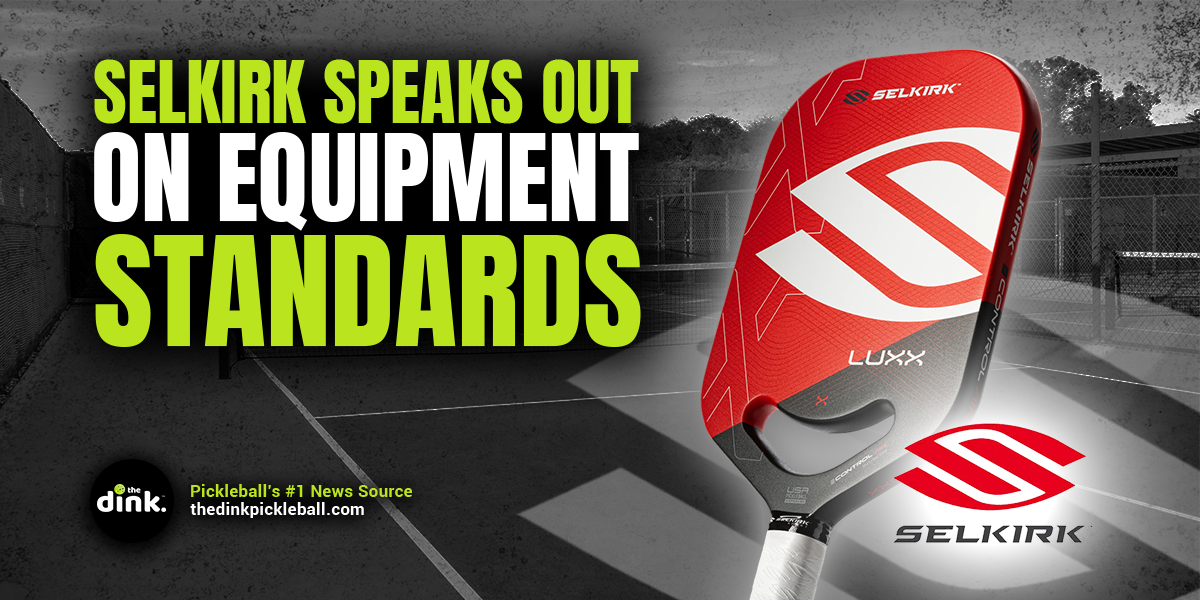
Until JOOLA officially releases the paddle and top reviewers get their hands on it, we won’t know if this is a new iteration of the same paddle or a more dialed-down version that's supposed to meet a set of standards no one has clearly defined.
What’s Next?
One thing is certain: the pickleball paddle drama is far from over.
As the sport grows and evolves, we can expect more controversies and challenges along the way, especially regarding paddle manufacturing and companies vying to become the go-to pickleball brand.

Our only hope is that, in the end, it’s not the everyday pickleball players who bear the brunt of these industry battles and that, at some point, we get back to simply playing the game instead of worrying about which paddle our opponents are playing with.

Love Pickleball? Join 100k+ readers for free weekly tips, news & gear deals.
Subscribe to The DinkGet 15% off pickleball gear at Midwest Raquet Sports










